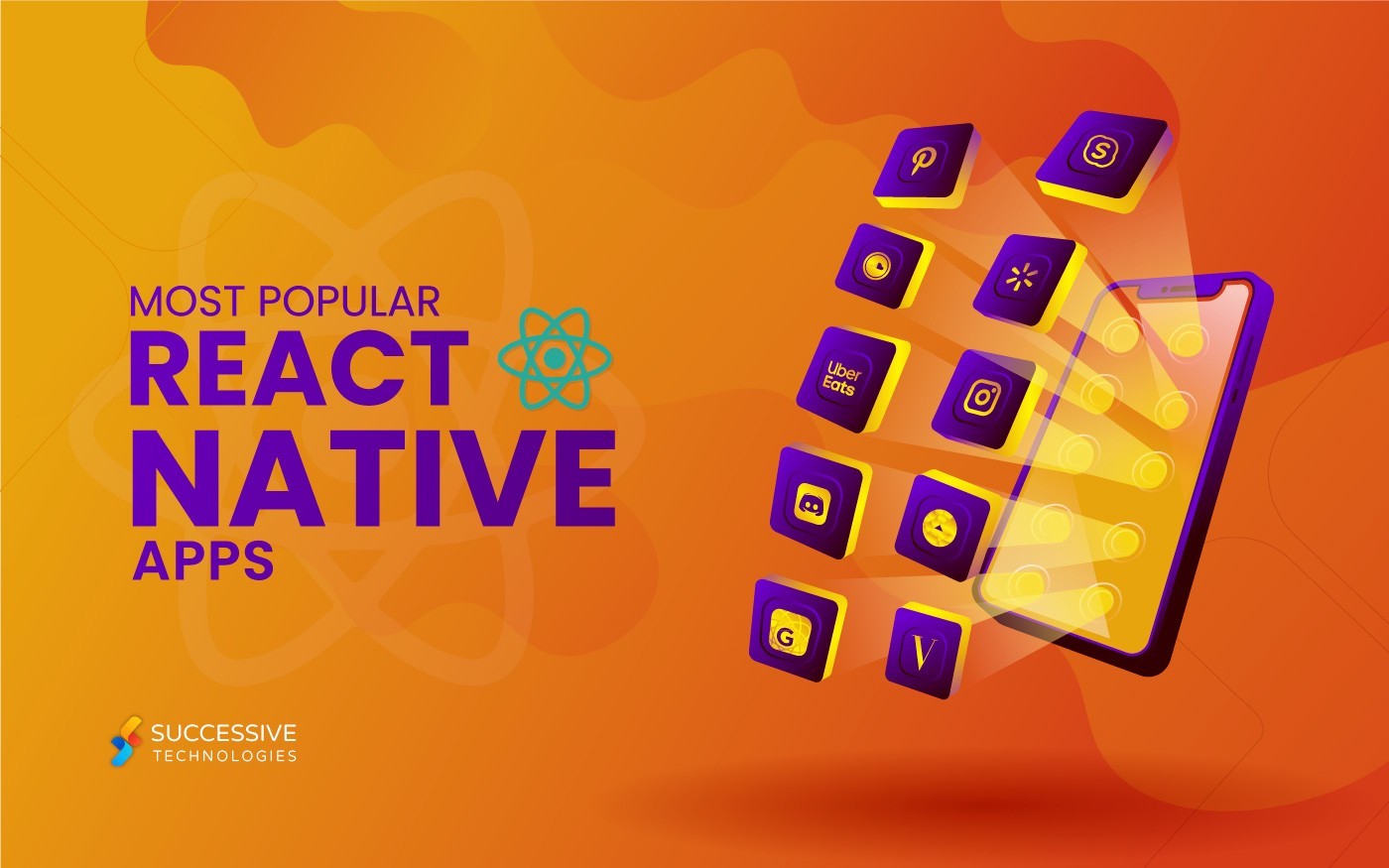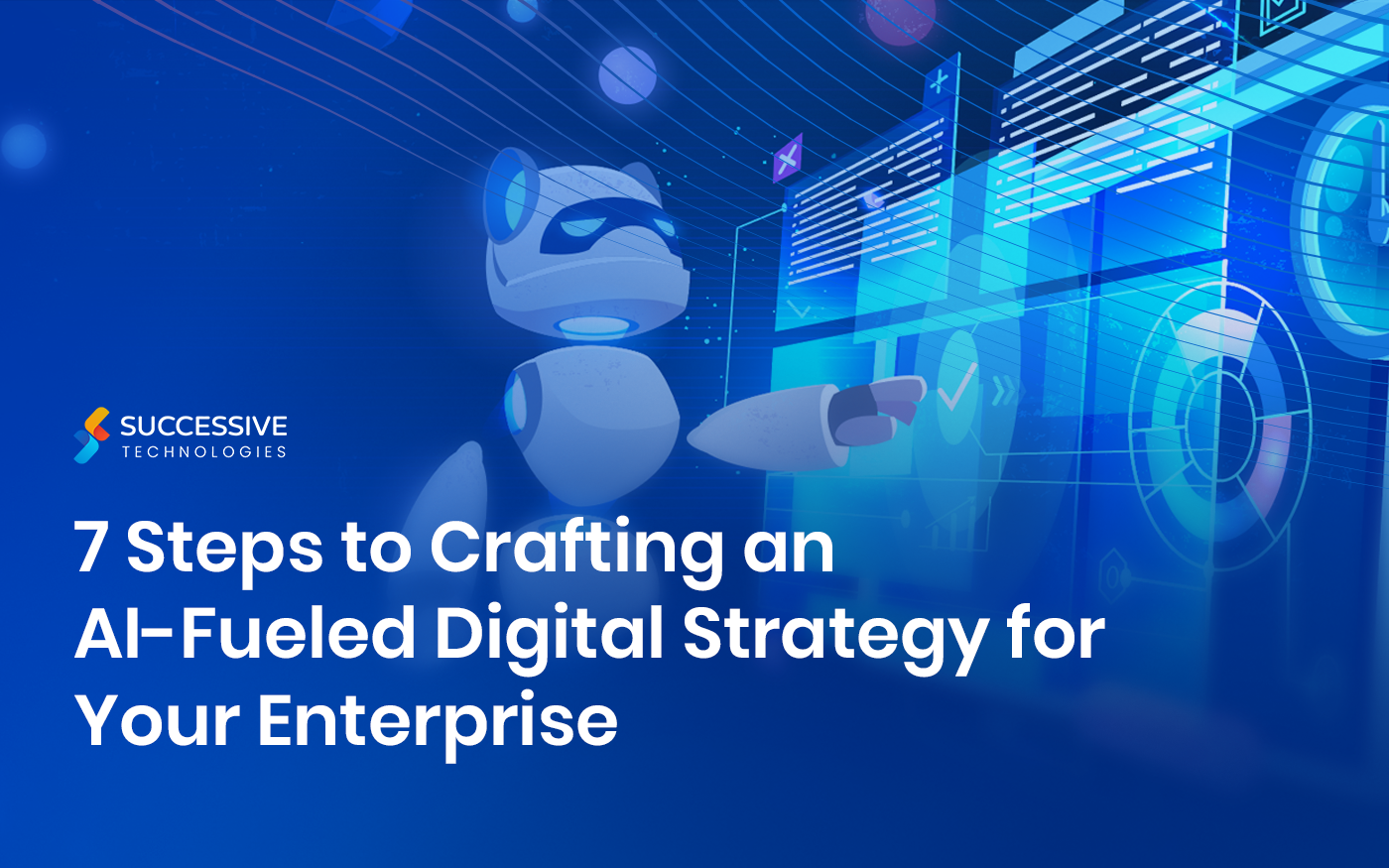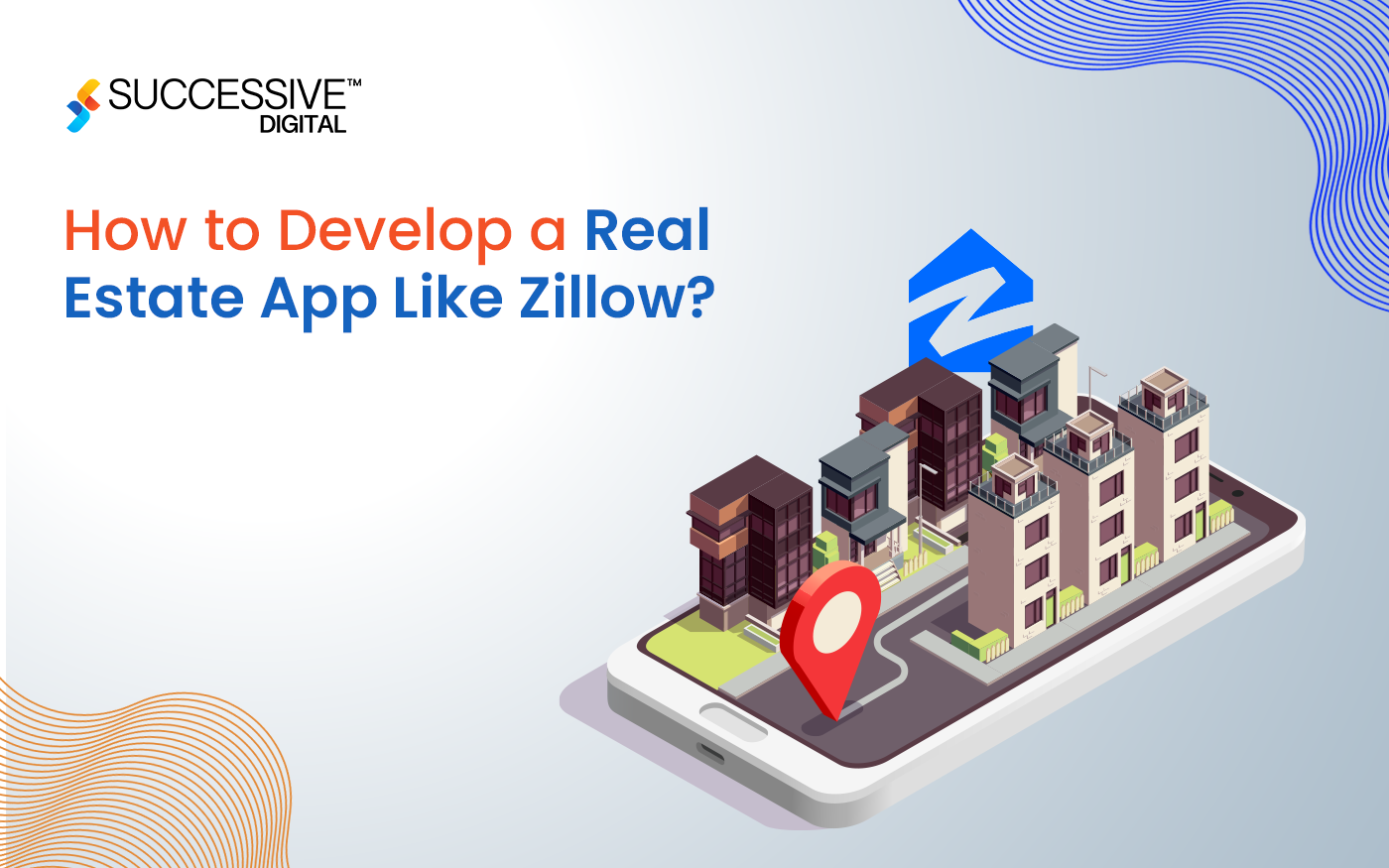In the rapidly growing digital ecosystem, enterprises face substantial stress to stay aggressive, relevant, and conscious of customer demands. Technological advancements are challenging traditional enterprise models, and businesses should adapt to continue to exist. One of the best strategies to deal with such challenges is enterprise app modernization. This involves updating legacy programs constructed on previous technologies or platforms to newer, more efficient computing systems. It includes migrating to cloud environments, adopting microservices structure, or leveraging modern programming languages and frameworks.
The benefits of enterprise application modernization extend beyond mere technical upgrades; they encompass more robust performance, higher security, cost savings, extended agility, and more. By modernizing their programs, enterprises can leverage new possibilities for innovation, streamline operations, and ensure they are equipped to fulfil future demands. As businesses continue to navigate the complexities of the digital age, benefits of application modernization will become an essential enabler of success. This blog explores the potential of app modernization for organizations, highlighting why this strategic initiative is crucial for maintaining a competitive edge and achieving a long-term growth.
Improved Performance and Scalability
- Performance Enhancements
Legacy applications are often built on older technologies that could restrict their performance. Modernizing these applications allows businesses to leverage the latest technology, that are optimized for pace and efficiency. This can lead to significant upgrades in application overall performance, ensuing in faster response instances and better consumer stories.
- Scalability
Modern application architecture for enterprise is designed with scalability in mind. By migrating to cloud-based architectures and utilizing microservices, enterprises can scale their applications up or down based on demand. This elasticity is crucial for dealing with varying workloads without compromising overall performance or incurring pointless expenses.
Enhanced Security
- Addressing Vulnerabilities
Legacy applications are more vulnerable to safety threats because of old security practices and unsupported software. Enterprise app modernization often include upgrading to more stable frameworks and enforcing strong safety protocols. This helps in mitigating risks associated with cyber threats and ensures that packages are compliant with the cutting-edge safety standards.
- Continuous Security Updates
Enterprise application modernization benefit from continuous security updates extended by cloud providers and current software program frameworks. This ensures that the applications are always protected towards the latest threats, lowering the risk of information breaches and various other incidents.
Increased Agility and Flexibility
- Rapid Deployment
Modern application architecture for enterprises, including DevOps and continuous integration/continuous deployment (CI/CD), enable faster and more efficient application development and deployment. This agility allows organizations to respond quickly to market changes and consumer needs, giving them a competitive edge.
- Flexibility in Technology Choices
Enterprise app modernization offers the flexibility to choose quality technologies and frameworks for unique tasks. Enterprises are not locked into old technology and may adopt more modern, efficient, reliable solutions that better meet their desires.
Enhanced User Experience
- Modern User Interfaces
Legacy applications regularly have outdated and cumbersome user interfaces that may frustrate customers. Enterprise app modernization usually involve remodelling the user interface to be extra intuitive and consumer-pleasant, central to a higher usual user experience.
- Faster Load Times
With improved performance and optimized architectures, enterprise application modernization delivers faster load times. This is not just a technical improvement, but a key factor in user satisfaction. In a world where users expect instant access to information, this enhancement can significantly improve the user experience.
Integration Capabilities
- Seamless Integration
Modern applications are designed to combine seamlessly with other structures and applications. This is achieved via using APIs and standardized protocols, which facilitate data exchange among distinctive systems. This integration capability is vital for developing a cohesive IT set-up that supports enterprise operations.
- Enhanced Collaboration
With improved integration competencies, distinct departments and functions within an enterprise can collaborate efficiency. This results in better coordination and effective workflows, in the long run driving better fulfilment.
Better Data Management and Analytics
- Real-Time Data Access
Modern applications regularly include solid data control abilities that provide real-time access to data. This allows enterprises to make informed decisions based on the new data, enhancing the overall performance.
- Advanced Analytics
With enterprise app modernization, businesses can leverage advanced analytics tools and technology. This enables them to gain deeper insights into their operations, customer behaviour, and marketplace trends, helping in more strategic decision-making.
Cost Efficiency
- Reduced Maintenance Costs
Maintaining legacy systems may be expensive and time-consuming. As these systems age, they require more frequent repairs and updates, which can drain IT resources. One of the crucial benefits of application modernization is that it reduces these maintenance costs by transitioning to more solid and dependable platforms that require less protection.
- Pay-as-You-Go Models
Modernizing applications to cloud-based environments allow enterprises to take advantage of pay-as-you-go pricing models. In this approach, businesses only pay for the resources they use, which can result in substantial cost savings compared to retaining on-premises infrastructure.
Enterprise app modernization is both a technical improvement and a strategic initiative that can transform businesses. Modernization efforts can power excellent business value by improving performance and safety, reducing operational cost, and extending better agility. Additionally, modernized applications provide a better consumer experience, seamless integration, and future-proofing, ensuring that businesses are well-positioned to thrive in the digital age. As the technology continues to grow, enterprise application modernization will be crucial for companies looking to maintain their competitive edge and achieve long-term fulfilment in the global market.












